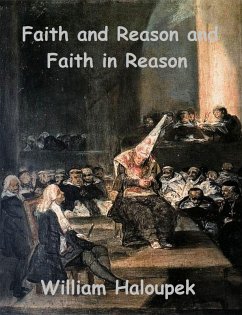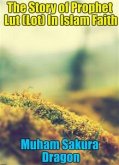To me, doubt seems more reasonable than certainty. Open-mindedness seems more reasonable than fixed belief. Doubt and open-mindedness are often mistaken for confusion, though. Also, like certainty and faith, they can be taken to extremes.
Without the restrictions of faith, the mind has an amazing universe of ideas to explore, and no part of it is off limits. Just try to avoid getting stuck some place.
It seems that all our efforts to understand God and His ways have come to total zero. We don't really know anything about God, and those who think they do are fooling themselves, and others. In the future, our knowledge may double many times, but it will still be zero. Count me in with the permanent Agnostics.
There are billions of believers in the world, and they believe all kinds of different things. Usually the same ideas that were drummed into their heads as children. All of them think that their little village is the one that got all the answers right. The fact that they won't change their beliefs is no indication that any of them are right. It only shows that they are not thinking for themselves.
A great deal of recent literature has been devoted to the religious instinct. One wonders why we evolved with an instinct that causes us to wear impractical clothing, refuse to eat certain foods, and devote a lot of energy to nonproductive activities. I hesitate to say that we are ready as a species to abandon the religious instinct. It gives us a sense of community. Along with this is a tendency toward charity, empathy and tolerance, toward those in our community. The other side of the coin is that the sense of community can turn into an us-and-them mentality, making us hostile, fearful, vicious and hateful toward "them." We have had many wars due to religious hatred. We also have great charities inspired by religious feelings.
We abandon religious superstition at our peril. "Man is something which must be overcome," as Nietzsche said, but he must be overcome by man.
This book was not written for the Believers, whether Christian, Atheist, or any other kind. It won't make any sense to them. It was written for the Skeptics, Seekers, Nonbelievers, Agnostics and Rationalists. You know who you are.
Dieser Download kann aus rechtlichen Gründen nur mit Rechnungsadresse in A, B, BG, CY, CZ, D, DK, EW, E, FIN, F, GR, HR, H, IRL, I, LT, L, LR, M, NL, PL, P, R, S, SLO, SK ausgeliefert werden.









